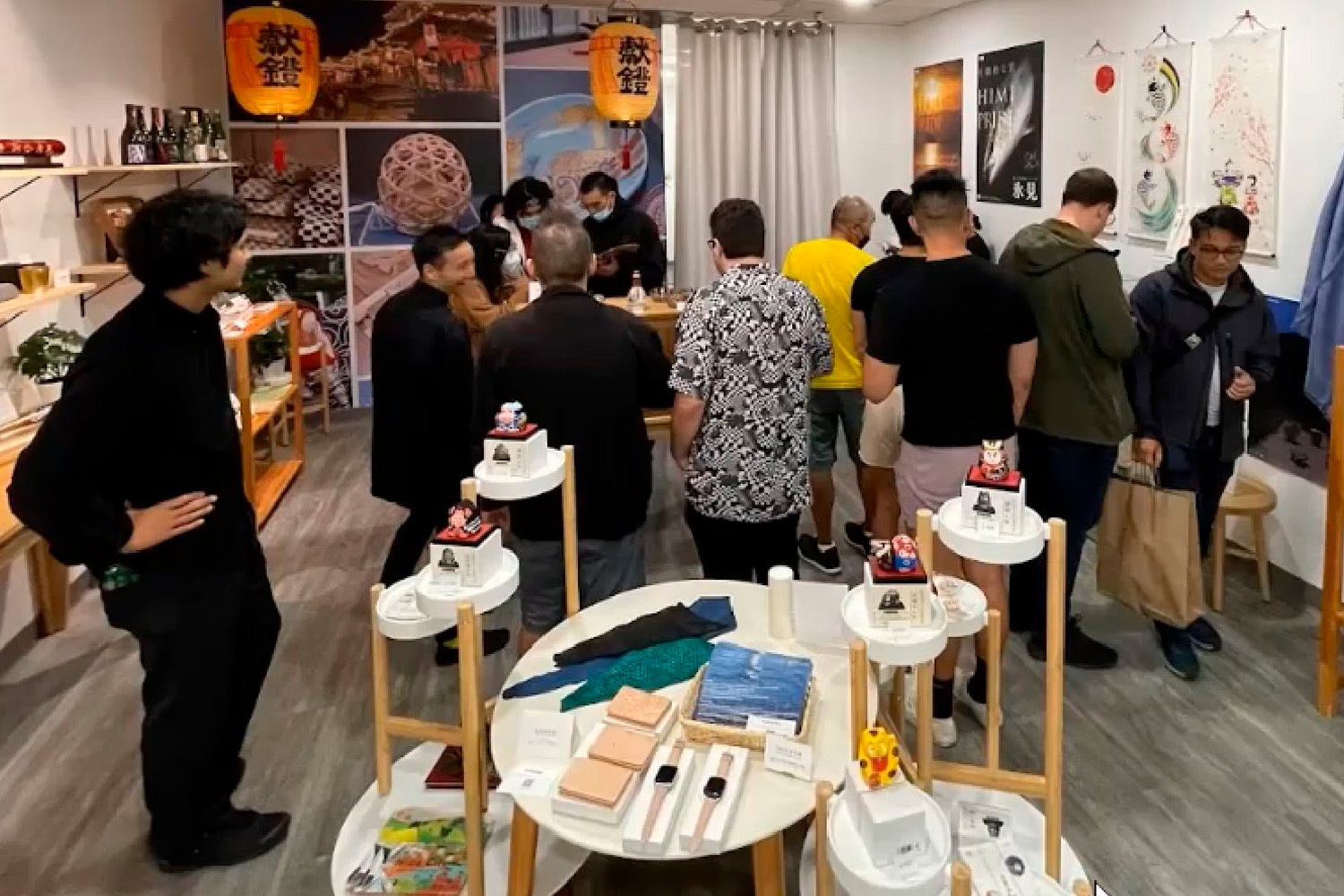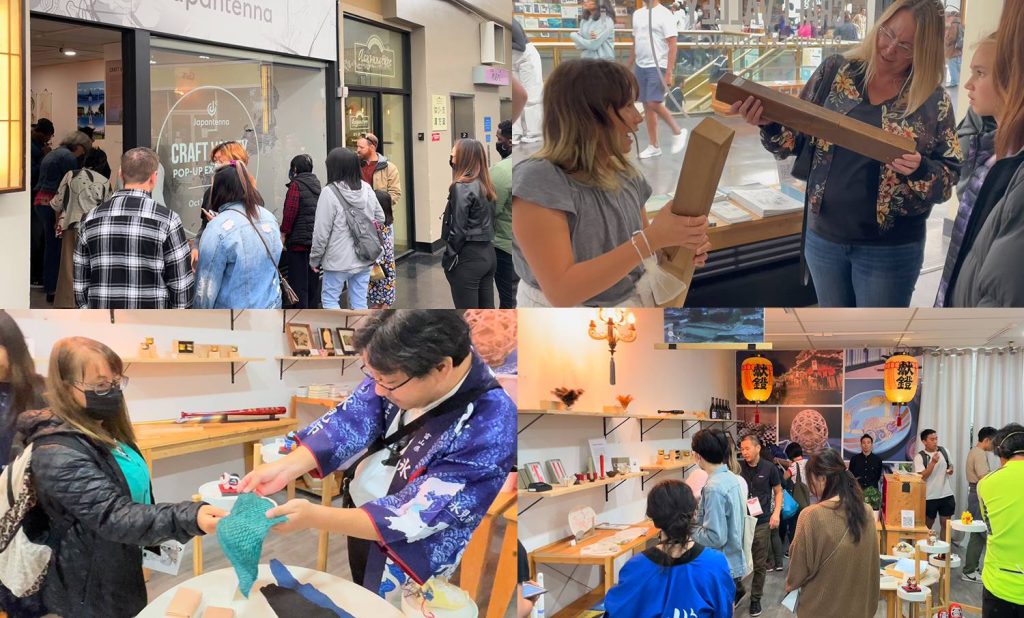“Global turns platform (G TURNS)” is a project that shares local charm from Japan with the world via Silicon Valley. The online talk event, which has been well received as a place to connect the world and Japan in real life, welcomed its third session on Friday, April 21. In this event, they have introduced and spread awareness of local Japanese culture and products, as well as exchanged ideas for overseas expansion, revealing various possibilities as a place of interaction.
The guest speaker for this event is Tomohisa Noguchi, who runs the workshop “tototo” in Himi City, Toyama Prefecture, which produces fish leather made from fish skin. Their products garnered great attention at last year’s “Craft Beer Fair”
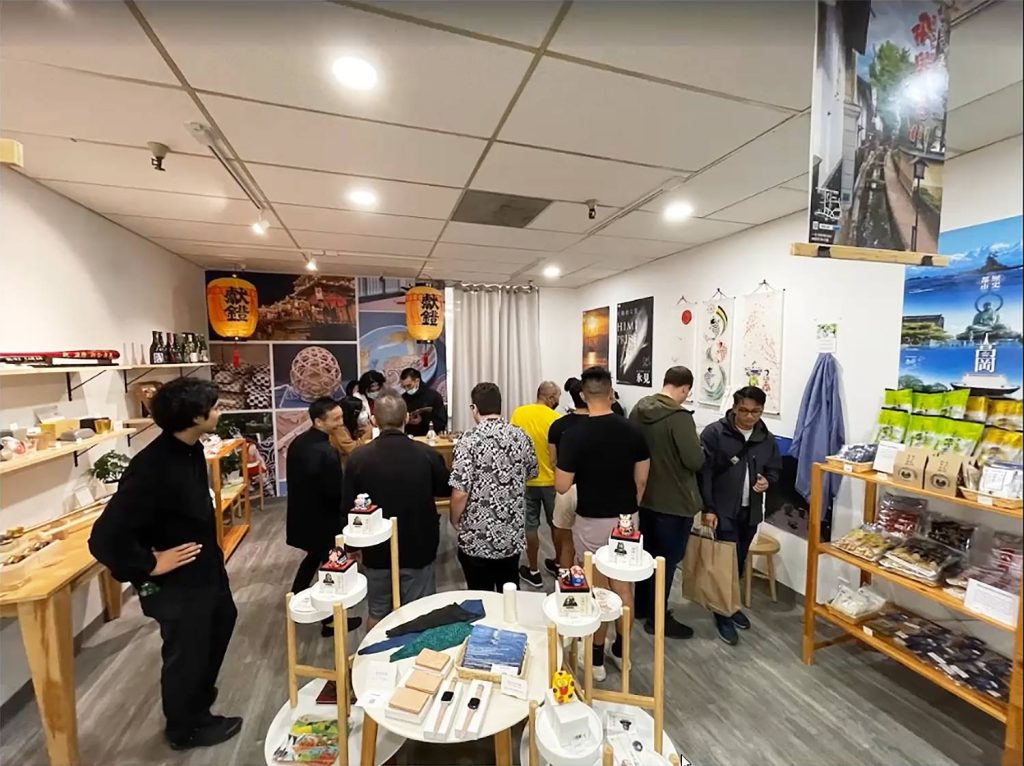
What kind of stories can we hear from Mr. Noguchi, who is one of the most intriguing figures right now? And what kind of connections will be made and what kind of chemistry will occur between him and the participants?
We will report on the event where participants from various regions across the country gathered, and where such chemistry and connections beyond national borders were created.

Masahiro Horiguchi,
President and CEO of Daiichi Progress Co., Ltd. / TURNS Producer.
Serves as an advisor for regional revitalization at the Ministry of Internal Affairs and Communications, a member of the judging committee for the Ministry of Land, Infrastructure, Transport and Tourism’s “Regional Creation Award,” and has given lectures on regional revitalization initiatives and made numerous appearances on television and radio programs. He is involved in the relocation policies of various municipalities throughout Japan. Following the Great East Japan Earthquake, he planned and launched “TURNS” in June 2012 with the passion to inform many young people about how to connect with the local areas, and to choose their own way of life, work, and living. Various projects are being developed to connect regions and cities, such as “TURNS Cafe” and “TURNS Business School.” He is not only promoting the charm of the regions, but also publishes tips on working, living, and continuing to be involved in the local areas. He is a guest commentator for “Skyrocket Company” on TOKYO FM’s “Scaloke Immigration Promotion Department” and “ONE-J” on TBS Radio’s “Regional Creation Program.”
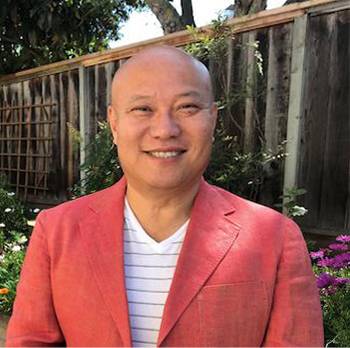
President and CEO of B-Bridge International, Inc.
Joined TOYOBO CO., LTD. in 1985 and worked in the biochemical division. In 1996, joined CLONTECH Laboratories in Silicon Valley as an International Sales Manager. Established and managed sales representatives in 43 countries worldwide and also served as the representative director of the Japanese subsidiary. After leaving CLONTECH Laboratories, founded B-Bridge International, Inc. in Silicon Valley in 2000, engaged in import/export and technology transfer of bioresearch reagents and equipment, as well as providing incubation support. In recent years, mainly involved in fostering entrepreneurs, supporting Japanese local companies to expand into the United States, and developing dual career paths for athletes. Also serves as the president of Silicon Valley Japan College, a US Federal Government accredited non-profit organization.
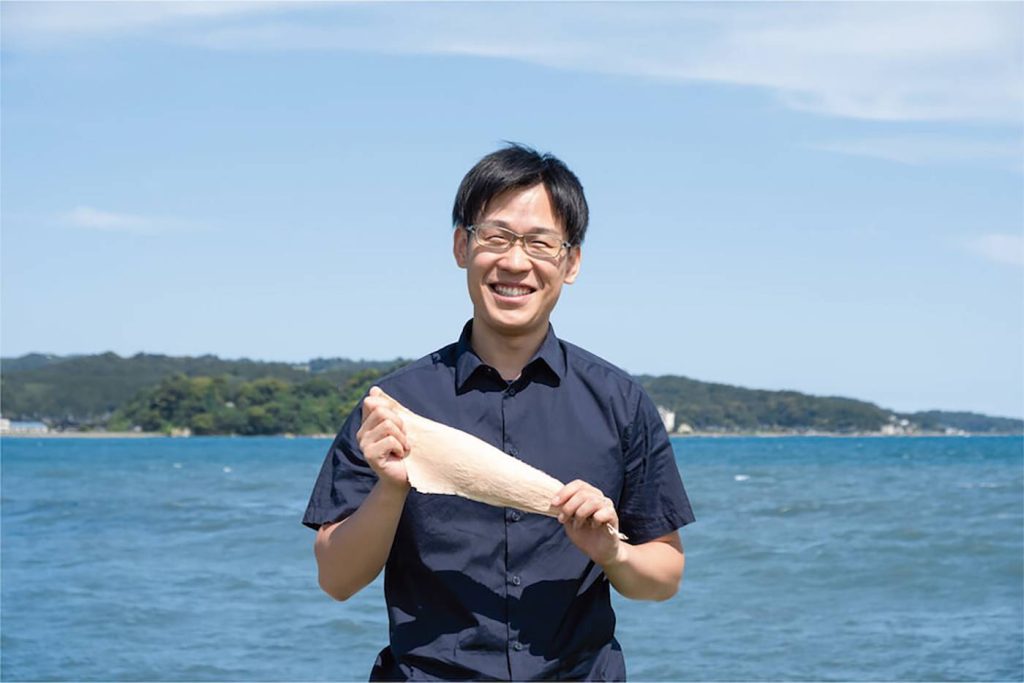
Representative of think sea Co., Ltd.
Tomohisa Noguchi
Born in Kagawa Prefecture, Japan in 1993. Graduated from the Faculty of Arts and Culture at the University of Toyama. While studying lacquerware in college, he became interested in the potential of fish leather by combining it with lacquer and researching it in his final year. Around the same time, the “Totosan” project, which creates sandals using fish skin, began in Himi City. He joined them to pursue fish leather manufacturing technology. In 2018, he became a member of the Himi City Regional Revitalization Cooperation Corps upon graduation from university and began working on the commercialization of fish leather in earnest. In 2019, he raised funds through crowdfunding and launched the product sales business of the fish leather brand “tototo” in April 2020.
The event started with a brief self-introduction and talk among the participants. A wide range of people participated in this event, including those who are interested in local areas in Japan from overseas, and those who have a high interest in Mr. Noguchi’s fish leather. All are excited to encounter new values.
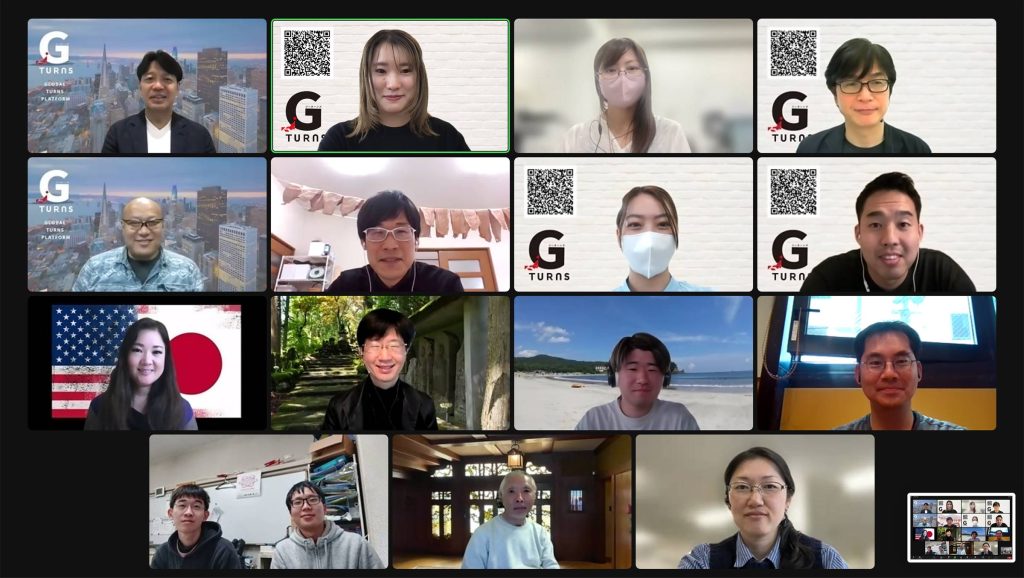
Once the atmosphere warmed up, Mr. Noguchi began to talk about how he started working with fish leather. He was born in Kagawa Prefecture and came to Toyama Prefecture for university. He originally studied lacquer craft, but through trial and error trying to combine interesting materials, he eventually came to fish skin. Imizu City is a nationally famous port town known for “Himi Kanburi” (winter yellowtail). Fish are a very familiar presence there, but he learned that most of the parts such as skin, bones, and organs were thrown away during processing. This is what prompted him to try working with fish leather. He heard that the Himi City was planning to make sandals using fish skin, and he participated in the project. After about two and a half years of research, he established the production method.
If we can effectively utilize the fish skin that is discarded worldwide, it could become a large-scale industry worth up to 2 trillion yen. Participants were amazed at the market size beyond their imagination, saying “Is it really that much?”.
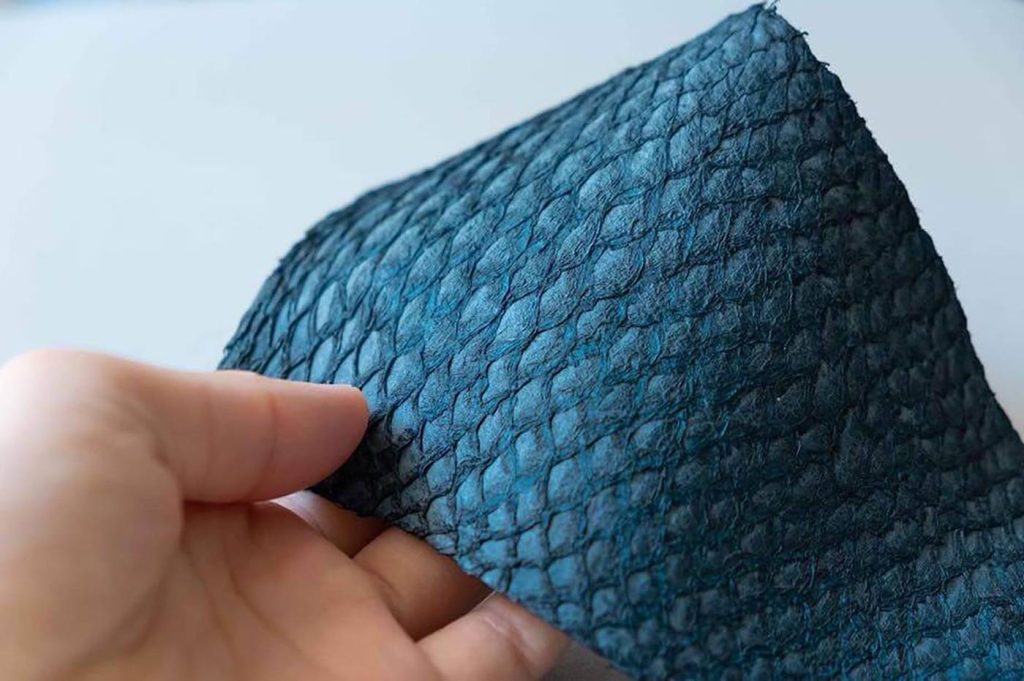
Afterwards, Mr. Noguch explained the manufacturing process while actually filming the inside of the workshop with a camera. He incorporates plant-based tanning agents as much as possible to minimize environmental impact. The manufacturing process is simple yet intricate.
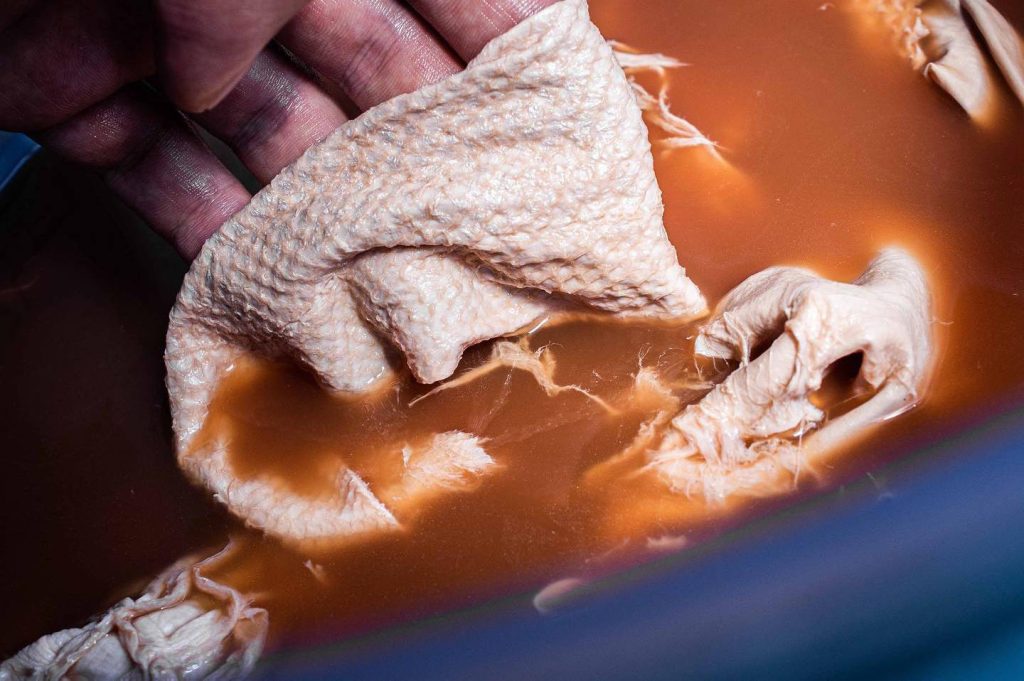
During the event, many opinions and questions were exchanged among the participants. One point that attracted everyone’s attention was whether fish leather has the strength to replace traditional leather. According to Mr. Noguchi, “It depends on the type of fish, but there are some that can withstand a load of a 65 kg person hanging on them.” There is no doubt that fish leather has great potential as one of the alternative leathers, especially with the increasing aversion to real leather around the world.
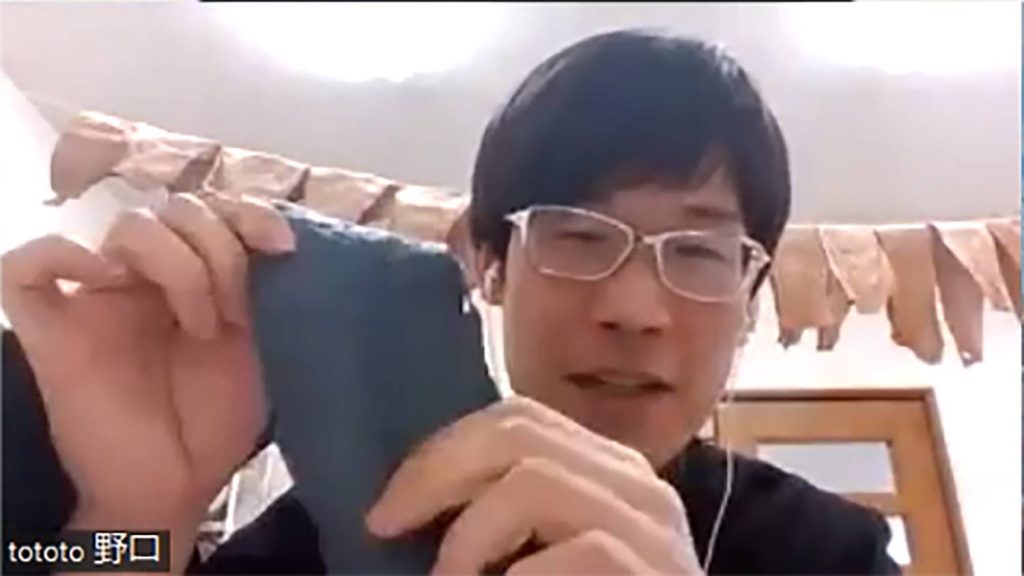
The biggest challenge that Mr. Noguchi is currently tackling the increase in recognition of fish leather. He is conducting diligent activities to promote its use, such as providing technical guidance to the independent nation of Samoa, but its use is not yet widespread. Various ideas for effective promotion are proposed by the participants, and Mr. Noguchi listens eagerly, nodding in agreement as an American participant shares their experience, which is likely to be an important hint for expanding distribution in the future. Until the end of the talk event, there was a lively exchange of views, with realistic discussions about the potential for overseas, particularly European and American, expansion. As the number of participants increases with each session, this online talk event continues to gain momentum. It is planned to be regularly held as a forum for creating new connections and further developing them into real businesses.
Anyone interested in Japan’s local culture, as well as those who want to connect with people overseas, hear from guests, and take action towards Japan from overseas are welcome to join. Whether you are from Japan or from overseas, please feel free to participate!
tototo (Fish Leather Brand)
https://www.tototoleather.com
